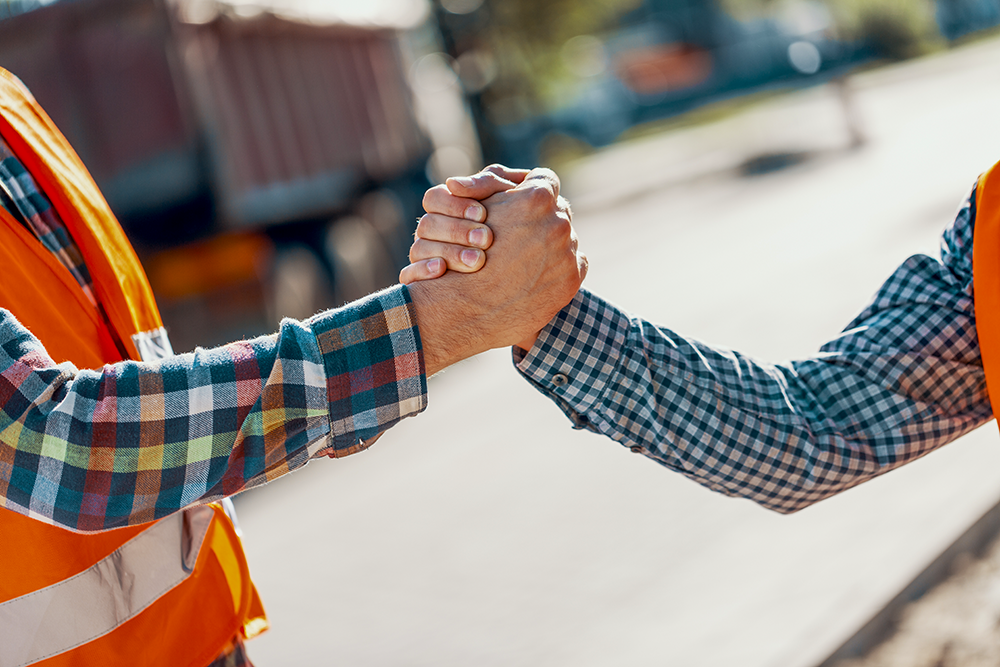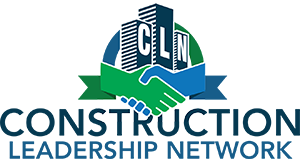
The COVID-19 pandemic was and, in some cases, still is uncharted territory for all of us. However, during my 40+ years in the construction industry, I know it is in the very nature of our industry to work together, mitigate risks, plan for contingencies, adapt, and think on our feet. These tools in our toolbelt equip our industry and our people to respond as construction continues to be deemed essential across the country. The construction community came together quickly and collaboratively to share information, adjust operating procedures and do the best for our community and our society.
And I really want to stress that—the industry came together and did what was best for our society.
Construction workers got up every morning, put on their boots, hard hats, and the necessary PPE, and went to work, keeping the economic engine of our great country running. Every day, construction workers made a personal commitment to build and maintain manufacturing and distribution facilities, refineries, highways, water treatment, and power plants, ensuring our communities and neighborhoods kept running.
Across this country talented craft professionals, frontline leaders, superintendents, and project managers were called upon to maintain hospitals and nursing homes, retrofit convention centers and coliseums, and convert ships into places of hope for the sick. Our industry was there. We responded with excellence. The women and men of construction stepped up to an insurmountable challenge by building, maintaining, and retrofitting what was essential for health care workers, first responders, and firefighters to do their job. Only the most well-trained and educated, dedicated, committed, and talented craft professionals could do the job, and they have yet to be recognized for building the places where heroes could be heroes.
This pandemic is having—and will continue to have—resounding effects on the health, personal finances, and employment of America’s workforce and the overall economy of our country. So, now more than ever before, it is time to recognize our workforce for who they are and what they do. I am not saying pass out ball caps and flashlights or host a company barbeque. Those things will fade, rust, and spoil.
The pandemic has changed lives forever, and given those circumstances, there is a natural increased risk for depression and anxiety, and even suicide, especially given the impact of isolation and social distancing. We need to take this as an opportunity to improve our industry and expand our safety paradigm to include total human health. Look at the person wearing the hard hat, behind the safety glasses, and standing in laced-up boots and make sure they are okay. Do you want to make a difference? Then be a leader and show you authentically care about the person, not just the work they do.
Let’s play the game for the long term. I am asking that this tragedy serves as a call to action to put resources in place on our job sites and in our industry to proactively engage with our employees, beyond their physical health and safety to their mental health and safety as well.
Today, I am asking you to remember to look up from your bids, books, plans, and contracts—and act. It is time to reach out to the men and women on our job sites and those working from home that need you now more than ever. The men and women that make possible our existence. Call to check-in. Ask how they are doing. Offer to drop off supplies. Let “I’m here for you” be a life preserver for the person who might be drowning in despair.
The fabric of America is made up of a resilient and diverse population, and it is often the difficulties we face that provide the catalyst for a safer industry and greater society. While the landscape ahead is unchartered territory, we can rest in the hope that the days ahead of us will be brighter than we could have imagined.
Here’s to the builders of the places where heroes can be heroes, the unrecognized many who perform their jobs with excellence. Don’t let them be taken for granted as their craft is hidden behind the sheetrock and bricks. Thank you for doing your part. My thoughts and prayers are with those who are infected and battling this disease and the fear of the unknown. Stay safe and healthy.
God bless you, God bless our industry, and God bless America.
Greg Sizemore is Vice President of Workforce Development, Safety, Health, and Environmental at Associated Builders and Contractors. He has more than 40 years of experience in the construction industry and is a regular presenter and contributor at the Construction Leadership Network’s conferences. Greg can be reached at [email protected].


